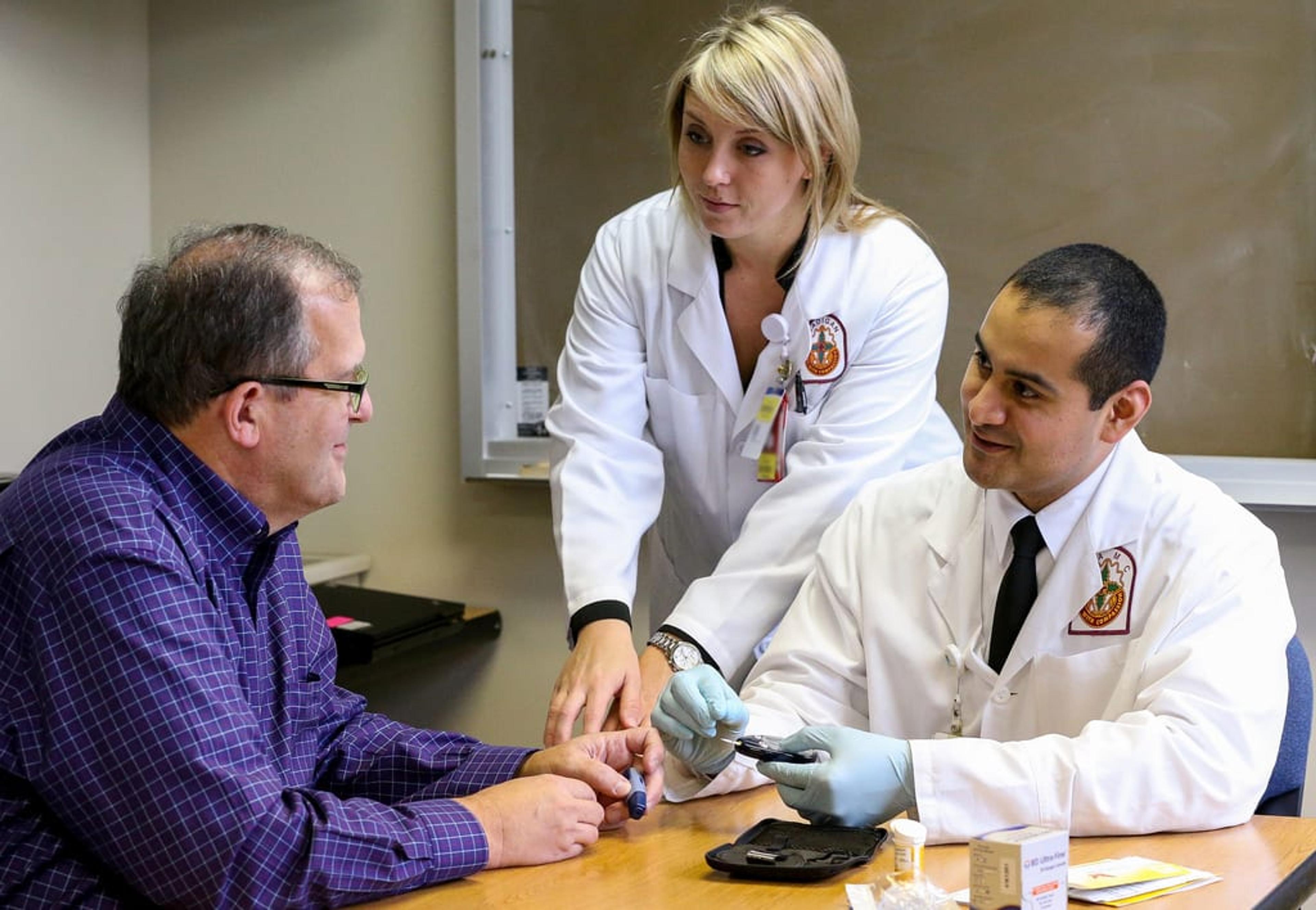
It should come as no surprise that in order to keep up good health, it’s important to develop good relationships with your primary care doctor and your pharmacist. That’s because the prescription and over-the-counter medications you take have a major impact on your overall well-being. The more your health care providers know, the better able they are to help you stay as healthy as possible. A good way to start a strong relationship with your doctor and pharmacist is keeping them up to date on your medication use and bringing up any concerns as soon as you have them. Here are three important topics to keep in mind the next time you talk medications with your doctor or pharmacist:
- Tell them what you’re taking: There are safety issues with mixing different medications—even if they’re over-the-counter medicines, vitamins or herbal supplements. If your doctor and pharmacist are fully aware of what you take, they can give you better advice about when to take your medicine, proper dosages and how to prevent interactions or side effects.
- Always use your card: The Blue Cross Blue Shield of Michigan Pharmacy Services team is able to help keep an eye on what you’re taking for safety reasons and alert doctors when they see areas of concern, like drug interactions. Be sure to always use your Blue Cross card for all of your prescriptions and health care services to keep the team, your doctor and your pharmacist, in the loop. You will pay the lowest price for a medication by using your insurance card. If you have any doubts, you can have your pharmacist process the prescription with your insurance card to double-check.
- Find out what’s covered: Although prescription drug coverage isn’t the only factor in deciding your treatment plan, ensuring certain necessary medications are covered ahead of time can help you avoid surprising out-of-pocket costs. Your primary care doctor or pharmacist can help balance this with your health needs and budget. If you’re a Blue Cross member, you can log into your account at com to see a full list of medications covered under your plan. Your plan drug list outlines this information too. If all else fails, your doctor or pharmacist can usually provide these details or can check with your insurance company.
If you’re looking for more information on your pharmacy coverage, you may also want to read these posts:
- The Value of Integrated Medical and Pharmacy Benefits
- Infographic: 4 Tools to Help Save on Your Prescriptions
- Q & A: How Do I Know If My Medication Is Covered by my Health Plan?
Photo credit: Army Medicine





